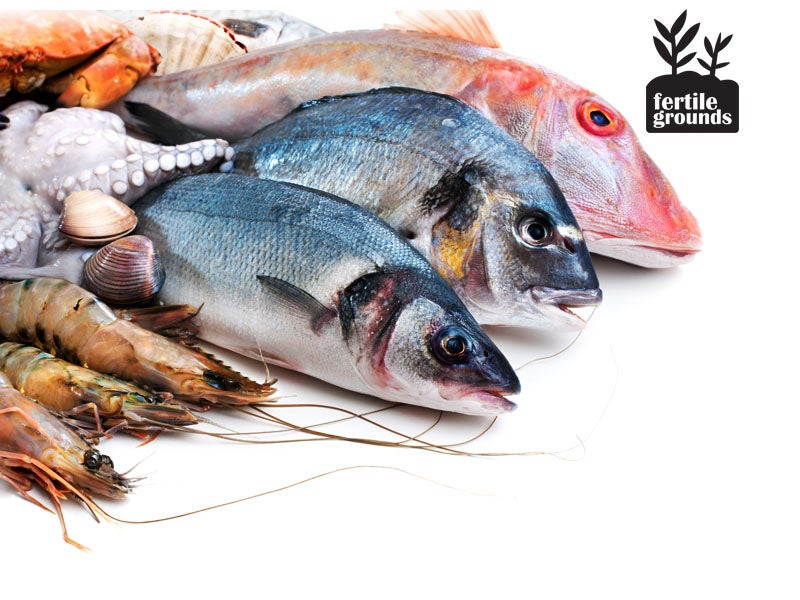Climate Change Is Bad News for Seafood Lovers
Is a seafood diet sustainable if the oceans keep getting warmer?

This page was published 9 years ago. Find the latest on Earthjustice’s work.
As a kid, I was so in awe of the ocean that when the tide went out, I thought I might get swept away to Portugal. Even today, when I go for a swim or look out at the rolling waves, it seems hard to believe that humans could affect something so vast and powerful. Yet scientists have been warning us for decades that human activity is changing the ocean—and that oceans are not the boundless resources we once assumed.
Overfishing, pollution and destruction of habitat are already taking a toll on marine life, and climate change adds to the stress. Excess carbon dioxide is changing the chemistry of the ocean, and warmer temperatures are sending species racing toward the poles in search of cooler waters. Researchers are still teasing out the impacts of these unprecedented changes, but one thing is clear: The way we eat fish is going to change.
Climate change will have a negative impact on 89 percent of the world’s fishing countries, according to recent research from the University of British Columbia. Those hardest hit will be small island countries like Tuvalu and Kiribati, where small-scale fishermen don’t have the resources to buy new equipment or fish somewhere else. These nations are already literally losing ground to climate change as rising sea levels eat up their coastlines. With fewer fish to catch, local communities will lose livelihoods as well as a critical food source.
Even cooler countries that stand to gain more fish as species move north might not receive an economic boost because some more valuable species, such as Atlantic salmon and European plaice, are expected to decline as the climate warms. Across the board, researchers calculate, the fishing industry stands to lose $10 billion by 2050 due to warmer water, acidification and other trends if climate change continues unchecked. And this doesn’t include direct human impacts to fish populations, such as water pollution and over-fishing.
While some fish are fleeing warmer waters, other marine species appear to be thriving, including toxic Vibrio bacteria. Another recent study shows that warmer ocean temperatures are driving a dramatic increase in Vibrio bacteria throughout the North Atlantic. These bacteria usually infect people when they eat raw seafood, particularly filter-feeders, such as oysters, which accumulate bacteria. The U.S. has gone from about 400 lab-confirmed Vibrio cases a year in the 1990s to an average of more than 1,000 a year today, according to the Centers for Disease Control. About 100 Americans die from these infections each year.
As we find ways to reduce the climate impacts of agriculture and ensure that we produce food in a sustainable manner, we also need to look at how our actions are affecting the oceans. My colleagues at Earthjustice are making great strides in stopping the overharvesting of keystone fish species—the fish that feed other fish—and pushing for resource management plans that protect ecosystems, rather than looking at each species in isolation. Strong management plans also need to account for the impacts of climate change on fish populations, including warmer temperatures, ocean acidification and sea level rise.
Our work may be more difficult in the days to come as President-elect Trump pushes an agenda that refuses to acknowledge the grave threat of climate change or work to combat it. Our legal cases and the work of other groups to protect and rebuild healthy ocean ecosystems will play a more crucial role than ever in maintaining a safe, sustainable food supply.
About this series
Fertile Grounds is a blog series that examines the challenges and opportunities in ensuring access to healthy, sustainable and affordable food for all. We talk about the entire lifecycle of food—from seed selection and planting to consumption and disposal—because there is potential for improvement throughout. We’re informed by the expertise of our many clients and allies and by Earthjustice’s years of work to ban harmful pesticides, encourage sustainable farming methods, reduce pollution, support farmworker justice and promote a healthy relationship between farmers and communities.
Earthjustice’s Sustainable Food and Farming program aims to make our nation’s food system safer and more climate friendly.